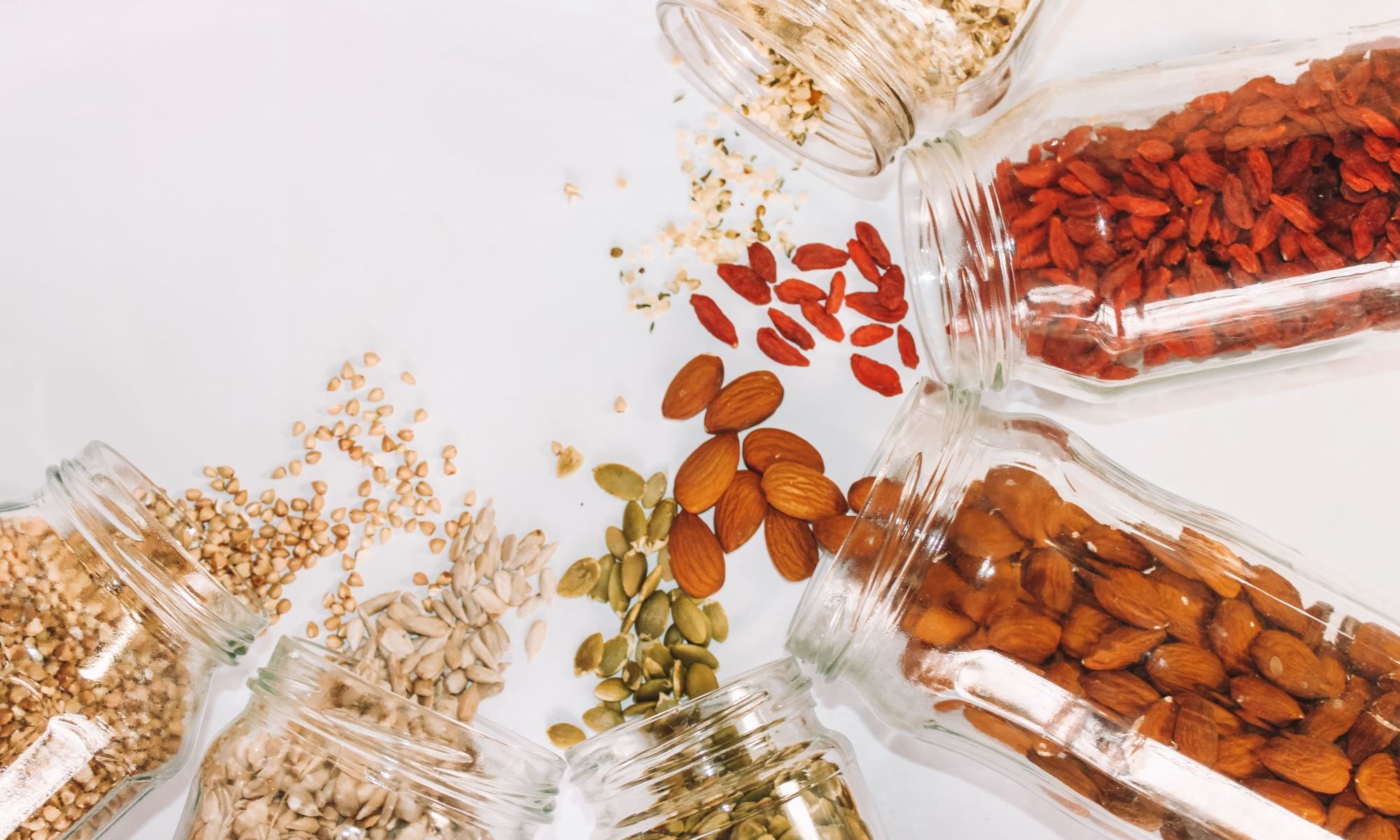Why do some people have lots of problems with gas while others can eat broccoli like there’s no tomorrow? The basic answer is that everyone’s body is different. Some people have plenty of enzymes to break down certain foods and other people don’t. If you’re having trouble with gas, one of these foods may be the reason:
1. Carbonated Beverages
With so much fizz, it’s not really surprising that soda has a high spot on our list of gas causers. Carbonation mostly affects your stomach (making you burp), but it can contribute to intestinal bloating, too.
2. Beans
Famous for causing embarrassing “tooting,” beans are filled with healthy protein, but they also have a type of sugar that the body has trouble processing. It takes the good bacteria in your gastrointestinal tract a lot longer to digest beans, peas, lentils and other legumes, which releases more gas.
3. Leafy Greens
Vitamin-rich veggies such as broccoli, cabbage, asparagus and cauliflower have tons of fiber, which is great for your digestive system. Unfortunately, they also have the same complex sugar as beans. Overdoing it with the broccoli is practically guaranteed to make you gassy.
4. Fruits
Fruit is one of the best things you can eat to boost your immune system, metabolism and energy levels. At the same time, most fruits have several gas-causing sugars, including sorbitol and fructose. Apples, bananas, pears, apricots, peaches, grapes and mangoes are the worst of the best. Dried fruit such as raisins and prunes concentrate these sugar even more, so they can definitely lead to the need to unbutton your jeans.
[insert page='Offer' display='content']
5. Grains
Most whole grains contain starch and gassy sugars. At the same time, wheat, oats, corn, barley and quinoa are amazing sources of fiber for smooth bowel movements and excellent gut health. This is ironic, because it means that the same grains that help your tummy feel slimmer can also trigger bloating in some people.
6. Dairy Foods
Dairy foods such as milk, cheese, yogurt and ice cream are tough for most people (about 65% of Americans) to digest properly. This is because of a sugar called lactose. If you’re lactose intolerant, you have even more problems with dairy. Eating these foods can trigger stomach cramps, bloating, nausea and other digestive problems almost immediately.
Which Foods Should You Avoid?
Fruit, veggies and whole grains are all important for a healthy digestive system. You need fiber, even though fiber also causes gas. Don’t get rid of major food groups unless your doctor says so. Of course, if a specific food causes a lot of gas, you can choose alternatives. If broccoli is giving you trouble, try romaine lettuce or spinach instead.
What Can You Do About Gas and Bloating?
This is the tricky part. Finding the best solution to gas and bloating requires a little trial and error on your part. Here are a few suggestions:
Keep track of what you eat to figure out the worst gas-causing foods for you
Eat smaller portions of foods that give you problems
Take your time when you eat
Take supplements with digestive enzymes
Instead of avoiding fruit completely, try eating half portions. This makes it easier for the good bacteria in your digestive tract to work and you still get valuable antioxidants. Probiotics and digestive enzymes can help with gas by taking great care of your gut microbiome.


Thnx U, I like yr news. 4 know U are suguesting tht we should take in tabs 4 vitamin instead of eating foó